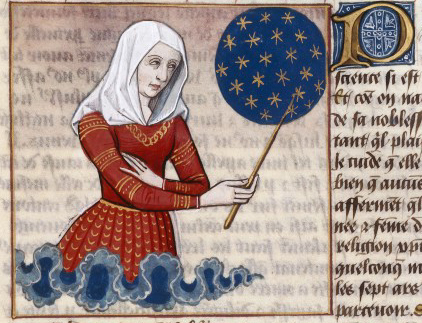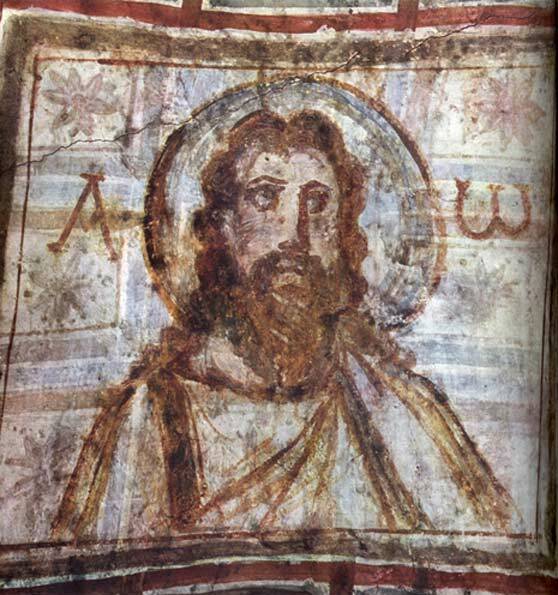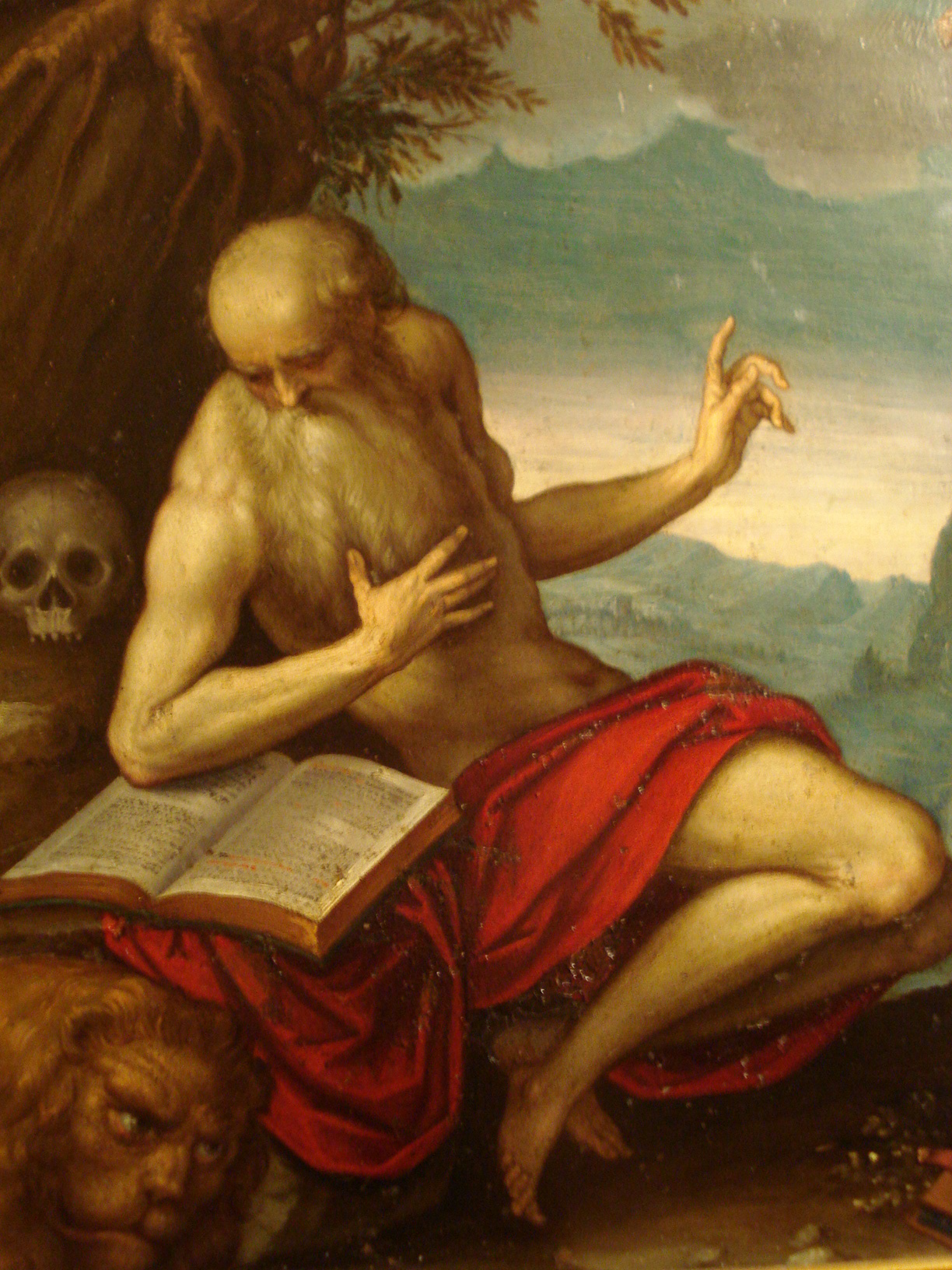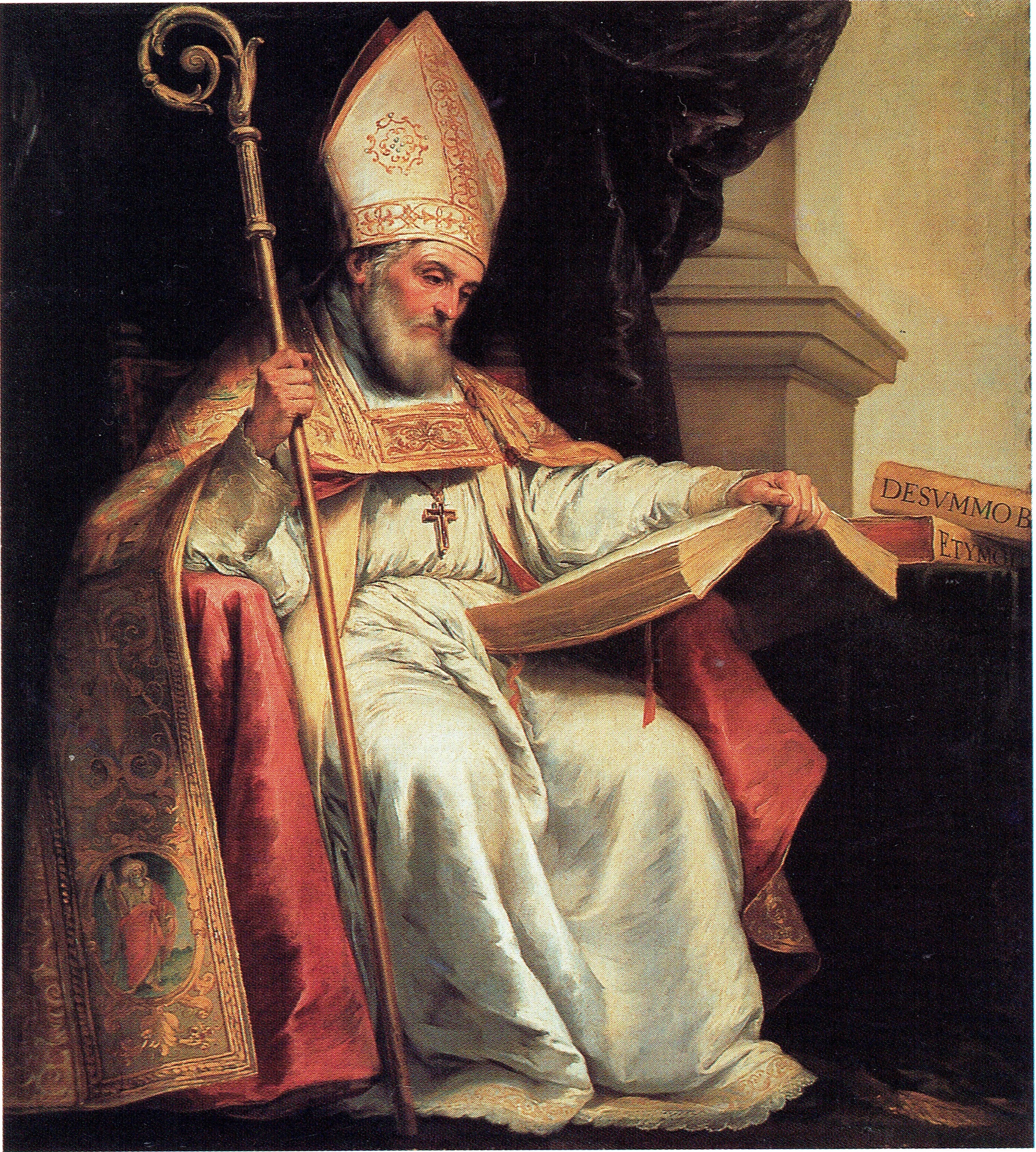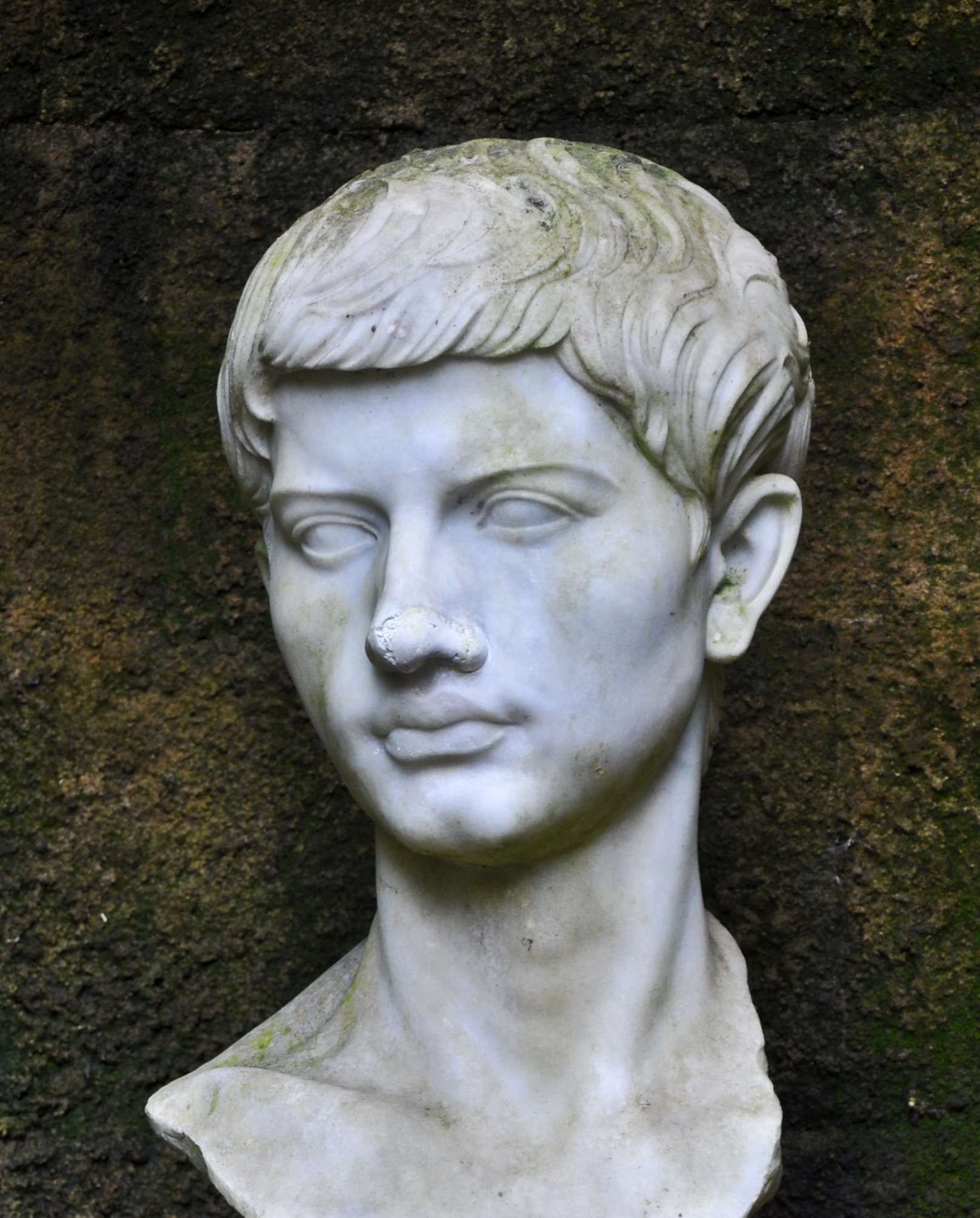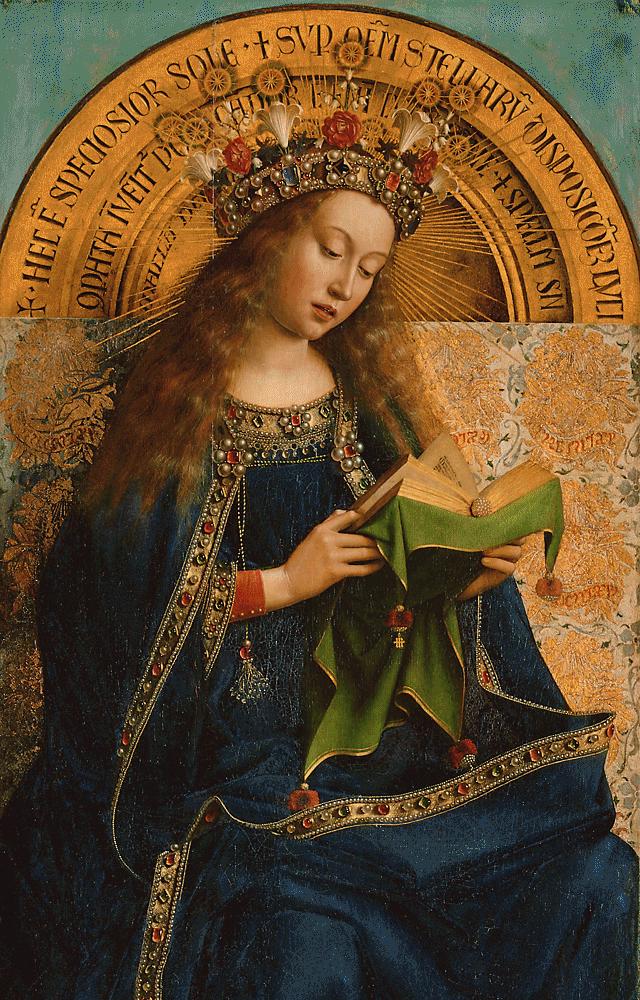Proba, active 4th century. Cento
Enlarge text Shrink text- Poetae Christiani minores, 1972:page 511 (Probae Cento)
- Clavis patrum Latinorum, 1995:page 484 (Proba. Cento)
- RLIN, December 5, 1996(hdg.: Proba, 4th cent. Carmina; Proba, 4th cent. Centoes; Proba, 4th cent. Centones; Proba, 4th cent. Carmina, sive Centones Virgilii; usage: Carmina, sive Centones Virgilii; Virgiliocentones Veteris et Noui Testamenti; Virgiliani Centones in Vetus ac Novum Testamentum scripti
- Proba. Cento Vergilianus, 2015.
- Brill's New Pauly. Antiquity:volume 11, column 890 (under Proba: Cento Vergilianus de laudibus Christi = Virgilian cento on the benefactions of Christ)
- Wikipedia, viewed October 1, 2015(under Faltonia Betitia Proba: After her conversion, around 362, Proba composed a Christian epic poem, the Cento Vergilianus de laudibus Christi, also known as De laudibus Christi; the 694 lines are divided into a proemium with invocation (lines 1-55), episodes from the Old Testament (lines 56-345), episodes from the New Testament (lines 346-688) and the end)
Cento Vergilianus de laudibus Christi (Latin: [ˈkɛntoː wɛrɡɪlɪˈaːnʊs deː ˈlau̯dɪbʊs ˈkʰriːstiː]; A Virgilian Cento Concerning the Glory of Christ) is a Latin poem arranged by Faltonia Betitia Proba (c. AD 352–384) after her conversion to Christianity. A cento is a poetic work composed of verses or passages taken from other authors and re-arranged in a new order. This poem reworks verses extracted from the work of Virgil to tell stories from the Old and New Testament of the Christian Bible. Much of the work focuses on the story of Jesus Christ. While scholars have proposed a number of hypotheses to explain why the poem was written, a definitive answer to this question remains elusive. Regardless of Proba's intent, the poem would go on to be widely circulated, and it eventually was used in schools to teach the tenets of Christianity, often alongside Augustine of Hippo's De doctrina Christiana. But while the poem was popular, critical reception was more mixed. A pseudonymous work purportedly by Pope Gelasius I disparaged the poem, deeming it apocryphal, and many also believe that St. Jerome wrote negatively of Proba and her poem. Other thinkers like Isidore of Seville, Petrarch, and Giovanni Boccaccio wrote highly of Proba, and many praised her ingenuity. During the 19th and 20th centuries the poem was criticized as being of poor quality, but recent scholars have held the work in higher regard.
Read more on Wikipedia >
 Title
Title




